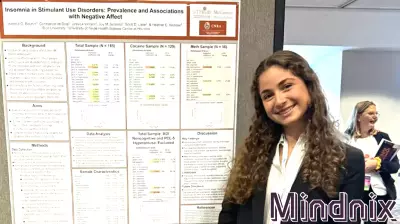A Unique Solution for Combating Sedentary Lifestyles
March 24, 2025 - 00:39

A "snack" may just be the remedy for a sedentary lifestyle, but not the kind of "snack" that you might suspect. Recent studies have highlighted the importance of incorporating short bursts of physical activity into our daily routines, especially for those who spend long hours sitting. This innovative approach encourages individuals to take brief breaks for movement throughout the day, effectively treating the negative impacts of prolonged inactivity.
These mini-exercise "snacks" can include simple activities such as stretching, walking, or even performing a few quick bodyweight exercises. The concept is gaining traction as research shows that these short, frequent intervals of movement can significantly improve overall health, boost mood, and enhance productivity.
Health experts advocate for integrating these movement breaks into the workday, suggesting that even a few minutes of activity can counteract the detrimental effects of sitting. As awareness grows, more people are beginning to embrace this refreshing perspective on wellness, transforming their approach to health in the process.
MORE NEWS

February 25, 2026 - 00:30
Rewired: How the Digital World Reshapes the Human BrainThe impact of our digital lives on the brain is a complex tapestry, not a simple story of harm or benefit. Emerging perspectives suggest that digital engagement, particularly among the young,...

February 24, 2026 - 00:52
Day in the life: Health sciences senior follows research toward clinical psychologyIsabella Bourtin, a health sciences senior, exemplifies the determined focus required to navigate a significant academic shift. Once firmly on the pre-med track, she has successfully pivoted her...

February 23, 2026 - 01:31
Toxic People Makes Us Age FasterThe emotional toll of difficult relationships is well-documented, but new research indicates the damage may be more than skin deep, potentially accelerating the biological aging process. A recent...

February 22, 2026 - 01:17
From Psychology to the Runway, Purpose Takes Center StageFor Lisa Jacovsky, a recent runway appearance during New York Fashion Week was far more than a fashion statement. Recognized as a `Queen of Impact` on the catwalk, the moment served as a powerful,...